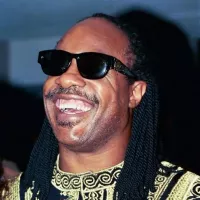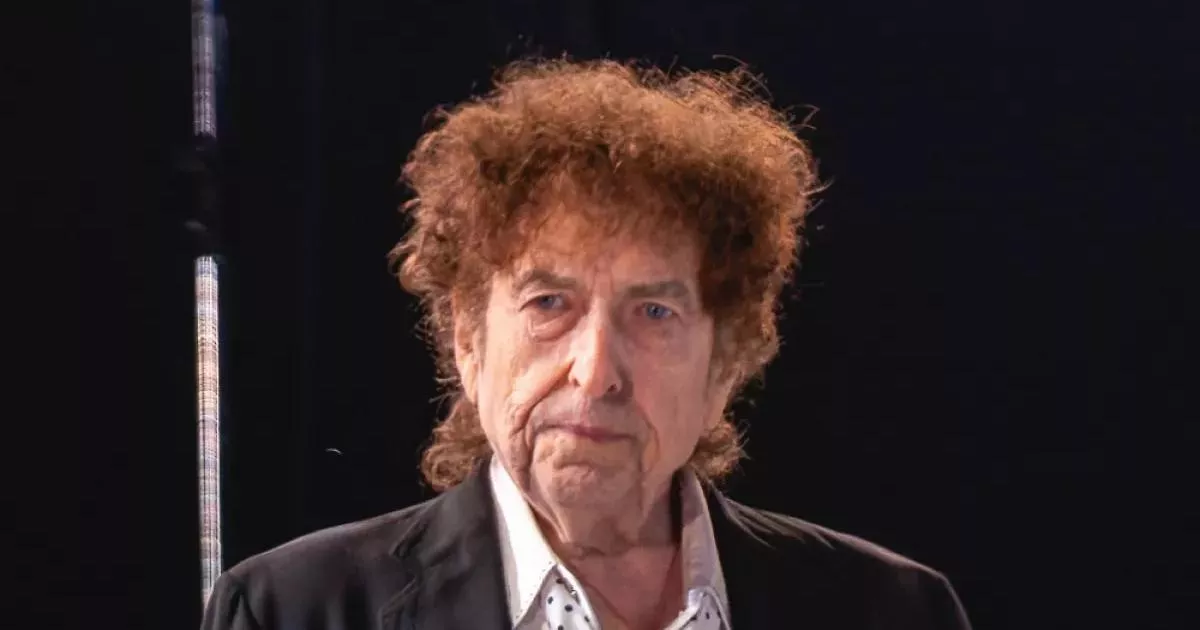A closer look at the defining struggles that shaped Bob Dylan's life and career.
Bob Dylan is a highly influential American singer-songwriter, renowned as one of history's greatest songwriters. His career, spanning over six decades, has profoundly impacted popular culture. Having sold over 125 million records, Dylan stands as one of the best-selling musicians ever. In the early 1960s, he revolutionized folk music by incorporating sophisticated lyrical techniques and intellectualism, drawing from classic literature and poetry. Dylan's lyrics, infused with political, social, and philosophical themes, challenged pop music norms and resonated with the burgeoning counterculture movement.
1962: Failure to make the Top 50
His next album would be the first since his 1962 debut to fail to make the Top 50.
July 1966: Motorcycle Accident and Hiatus
In July 1966, Bob Dylan had a motorcycle crash, which led him to cease touring for seven years.
July 29, 1966: Motorcycle Accident
On July 29, 1966, Bob Dylan crashed his motorcycle near his home in Woodstock, New York, reportedly breaking several vertebrae in his neck. The circumstances of the accident remain unclear, but it provided him with a break from the pressures of his career.
1966: Dylan's Exhaustion and Drug Use on Tour
During his 1966 tour, Bob Dylan was described as exhausted and acting "as if on a death trip," with reports of amphetamine and other drug use to cope with the demands of the road.
1966: Motorcycle Crash
In 1966, Bob Dylan experienced a motorcycle crash, which marked the end of the period covered in the documentary No Direction Home.
1969: Dylan Discussed Drug Use
In a 1969 interview with Jann Wenner, Bob Dylan admitted to drug use during his extensive touring in order to cope with the pressure.
June 1970: Release of Self Portrait
In June 1970, Bob Dylan released the double LP Self Portrait, which included few original songs and was poorly received.
1987: Touring with The Grateful Dead and Starring in Hearts of Fire
In 1987, Dylan toured with The Grateful Dead, and he starred in the movie "Hearts of Fire", which was a critical and commercial flop.
1990: Release of Under the Red Sky
In 1990, Dylan released "Under the Red Sky", which received negative reviews and sold poorly.
1991: Allegations of Drinking Impairing Performances
In 1990 and 1991, Dylan was described as drinking heavily, impairing his performances on stage, which he dismissed in an interview with Rolling Stone.
2010: Mitchell Describes Dylan as a 'Plagiarist'
In a 2010 interview in the Los Angeles Times, Joni Mitchell described Bob Dylan as a "plagiarist" and his voice as "fake".
2012: Dylan Responds to Allegations of Plagiarism
In 2012, Bob Dylan responded to the allegation of plagiarism by saying that it was "part of the tradition".
Mentioned in this timeline

Pepsi is a cola-flavored carbonated soft drink and the flagship...

Victoria's Secret is an American retailer specializing in lingerie clothing...

Bill Clinton the nd U S President - served as...

John F Kennedy JFK was the th U S President...

Barack Obama the th U S President - was the...

Stevie Wonder born Stevland Hardaway Morris is a highly influential...
Trending

11 months ago Alex Sarr Shines as Wizards Beat Pistons: Sarr's 19 Points Not Enough
3 months ago Rutgers Student Critically Injured at Fraternity House: Investigation Underway, Safety Concerns Raised.

2 months ago Ryan Seacrest's Impressive Workout: Biceps Bulge Surprises Fans After Hollywood Exit

10 months ago Lily Collins Shares Adorable Dance Party with Daughter Tove and Celebrates First Birthday as Mom.

10 months ago Caitlin Clark, Serena Williams at NFL Meeting; Flag Football for LA28.
8 months ago Queens 10K Returns: Race, Festival, Kids Run & Community Engagement in 2025
Popular

Thomas Douglas Homan is an American law enforcement officer who...

William Franklin Graham III commonly known as Franklin Graham is...

XXXTentacion born Jahseh Dwayne Ricardo Onfroy was a controversial yet...

Jupiter is the fifth and largest planet from the Sun...

Instagram is a photo and video-sharing social networking service owned...

KFC or Kentucky Fried Chicken is an American fast-food chain...
